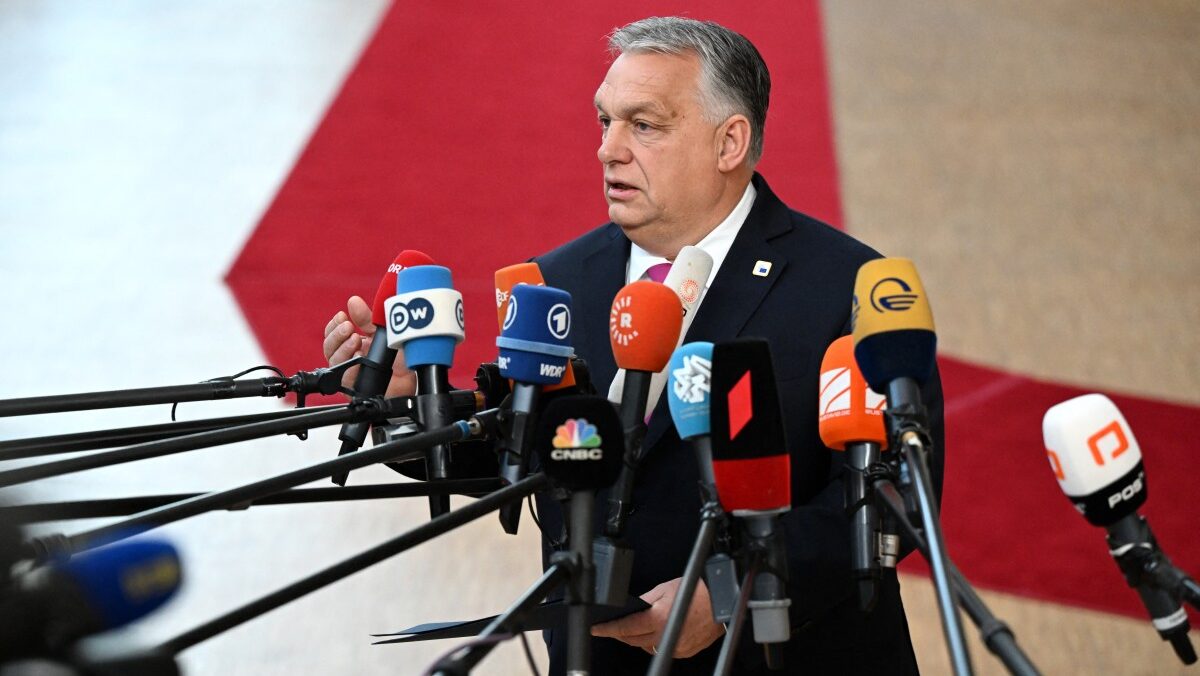Hungary has not agreed to support EU aid to Ukraine just yet, but remains ready to come to an agreement on the issue by February 1st at the latest when EU leaders convene for an emergency summit, a diplomat in Brussels told The European Conservative.
The source was reacting to Politico’s Brussels Playbook newsletter of Tuesday, January 9th which claimed that Hungary is willing to lift its veto over the EU funding of Ukraine.
Hungary’s Prime Minister Viktor Orbán was the only leader at the last EU summit to block €50 billion worth of EU support that Brussels wants to disburse to Kyiv over the next four years.
Through the so-called Ukraine Facility, the EU wants to support Ukraine’s efforts to “sustain macro-financial stability, promote recovery, rebuild, and modernise the country by providing grants and loans, while also implementing key reforms on its EU accession track in that period.”
Viktor Orbán said EU funding to Ukraine must not be granted from the EU’s budget. Hungary, he added, does not want to engage in collective borrowing and go into debt along with other countries.
According to Politico, who spoke to three EU diplomats, Hungary might lift its veto if funding for Ukraine is reviewed and approved on a yearly basis. This means the EU would provide Ukraine with €12.5 billion in grants and loans every year, instead of agreeing straight up to €50 billion for four years.
The prime minister’s chief political adviser, Balázs Orbán, recently told Bloomberg that Hungary remains opposed to a full four-year aid plan and would prefer that the EU offer financing to Kyiv for a single year with no amendments to the budget.
However, according to our sources, negotiations on the issue are much more complicated than newspaper articles seem to suggest.
The Financial Times previously reported that the European Union has come up with a ‘Plan B’ should Hungary maintain its veto at the planned emergency summit. This scheme would involve the European Commission borrowing up to €20 billion on capital markets for Kyiv next year, made possible by participating member states issuing guarantees to the EU budget. ‘Plan B’ would not require a unanimous decision or guarantees from all the EU’s 27 member states.
As a further signal of Hungary not wanting to commit money for Ukraine from the EU budget, Hungarian government spokesman Zoltán Kovács told us:
Hungary welcomes the fact that the European Commission is making good progress with the development of Plan B, according to which Ukraine’s support must be solved outside the EU budget. Their Plan B is the equivalent of Plan A for Hungary.






